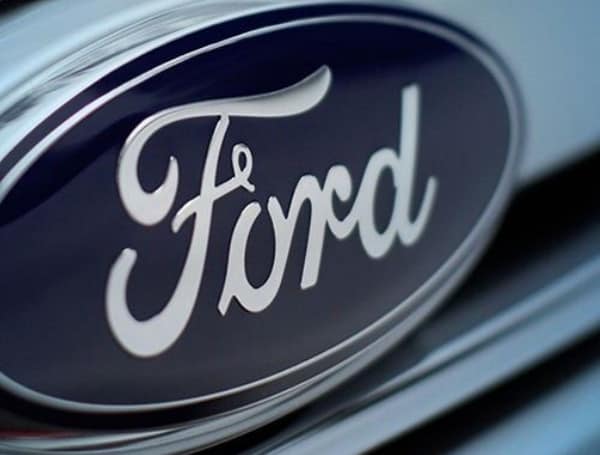Ford is pausing construction of an electric vehicle (EV) battery plant in Marshall, Michigan, the Daily Caller News Foundation has confirmed.
The plant marks a $3.5 billion investment in EV battery production and is estimated to create 2,500 jobs, Ford announced in February.
The announced pause on construction precedes President Joe Biden’s scheduled visit to striking United Auto Workers (UAW) members, whose grievances with Ford and other members of the “Big Three” manufacturers are largely attributable to Biden’s aggressive EV push.
In the news: UAW To Expand Auto Strike To 38 Locations In 20 States, Ford Spared
It is unclear exactly why Ford has opted to pause construction, or whether the decision is in any way related to the ongoing UAW strike. The construction pause will go into effect Monday, Ford spokesman T.R. Reid told the DCNF.
“We’re pausing work and limiting spending on construction on the Marshall project until we’re confident about our ability to competitively operate the plant,” Reid told the DCNF. A “number of considerations” were involved in the company’s decision to halt construction, and there has not been “any final decision about the planned investment,” Reid added.
Ford planned to build technology it had licensed from Chinese battery company CATL at the Marshall plant, and the company is poised to reap considerable subsidies from the state and federal governments for the project.
Despite his pro-labor rhetoric and history, Biden’s multi-billion dollar push to have at least 50% of all new car sales be EVs by 2030 has attributed to the labor dispute, as the union is concerned that the less labor-intensive EVs taking up a much larger share of the market will ultimately disadvantage the workers it represents in the absence of protections in new contracts with the manufacturers.
In the news: Virginia Gov. Glenn Youngkin Working To Ditch State’s EV Mandate
Ford, like many other American manufacturers, has leaned into the administration’s EV push, taking advantage of Inflation Reduction Act (IRA) incentives, favorable loans and other programs that provide the corporations with billions of dollars to pursue the EV transition over the coming years. The company plans to invest over $50 billion in EVs globally through 2026 in order to develop breakthrough EV technology, and it also aims to manufacture EVs at a rate of 2 million per year by 2026, according to its website.
The White House and the UAW did not respond immediately to requests for comment.
Android Users, Click To Download The Free Press App And Never Miss A Story. Follow Us On Facebook and Twitter. Signup for our free newsletter.
We can’t do this without your help; visit our GiveSendGo page and donate any dollar amount; every penny helps

